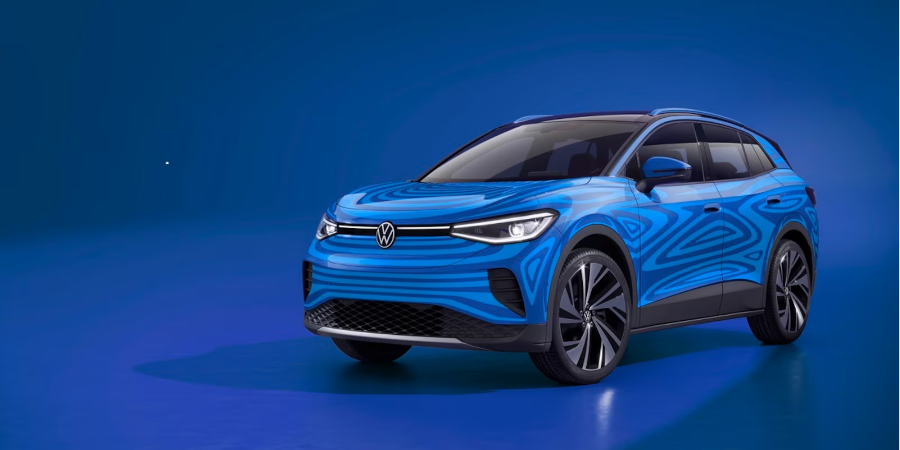India–US Trade Tensions Rise Over Steel and Auto Tariffs NMDC Limited reports a 38% drop in Q4 FY24 consolidated net profit RINL to Raise $23 Million Through Land Sales Amid Crisis

German automaker Volkswagen is working on an entry-level electric vehicle tailored for the Indian market that could be priced around ₹10 lakh ($12,000), in a bid to make EVs more affordable and drive adoption in the price-sensitive market.
The new EV, expected to launch in 2 years, will be the most affordable Volkswagen-branded model in India and is part of the company's broader strategy to capture market share in the fast-growing segment. Volkswagen aims to garner over 5% of the passenger vehicle market in India by 2025, with EVs expected to account for 15-20% of its sales by then.
For India, the entry-level car strategy is currently being finalized. The vehicle concept is there, which we are working on. This will be based on the MEB electric platform, Gurpratap Boparai, Managing Director, Skoda Auto Volkswagen India told ETAuto.
The entry-level EV is likely to be a hatchback built on Volkswagen's modular electric drive matrix (MEB) platform that can be adapted for multiple body styles. MEB underpins the ID.3 and upcoming ID.4 crossover that form the automaker's new ID family of EVs.
Pricing will be critical for EV adoption in India's highly cost-conscious market where most cars sold are priced below ₹10 lakh. The anticipated starting price for Volkswagen's model aligns with the government's vision of driving EV penetration with affordable vehicles priced around Rs 10 lakh.
The government's clear vision is to have EVs at about ₹10 lakh price range so it can penetrate faster. That is exactly what we are trying to do - bring in a car around the ₹10 lakh mark to get higher penetration, Boparai said.
Other foreign automakers including Renault and Stellantis (Peugeot and Citroën) also have firm plans to launch affordable EVs tailored for India within 2-3 years. Homegrown Tata Motors already has two EVs priced under Rs 20 lakh - the Nexon EV and Tigor EV.
Volkswagen is bullish on EVs in India despite the segment accounting for less than 1% of car sales currently. The company expects a significant shift to EVs in the coming years as customer awareness increases and prices reach parity with petrol/diesel vehicles.
The German automaker has committed €1 billion (Rs 8,000 crore) towards its India 2.0 project focused on EVs and digitization. It has set up a dedicated EV manufacturing facility at its Chakan plant in Pune as part of the India investment.
We want to be ready when the market picks up pace. We expect a dramatic shift to happen sometime in 2025-26 when EVs achieve pricing parity with IC engine vehicles, Boparai noted.
The company also aims to export affordable EVs from India to markets in Southeast Asia and Africa that have similar price sensitivities. Local manufacturing will allow Volkswagen to make EVs more accessible in these markets.
With its early move towards affordable EVs, Volkswagen looks poised to be a front-runner in the mass market segment of India's emerging EV industry. The new entry-level EV will play a key role in driving adoption among price-conscious buyers in India and beyond.
Also Read : Tata Metaliks sets record date of February 6 for merger with Tata Steel ArcelorMittal considers Gadchiroli for ₹40,000 cr investment in Maharashtra